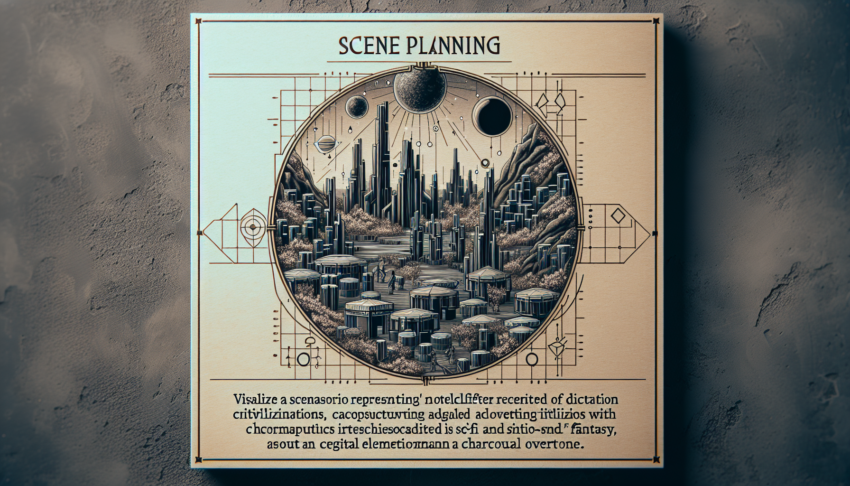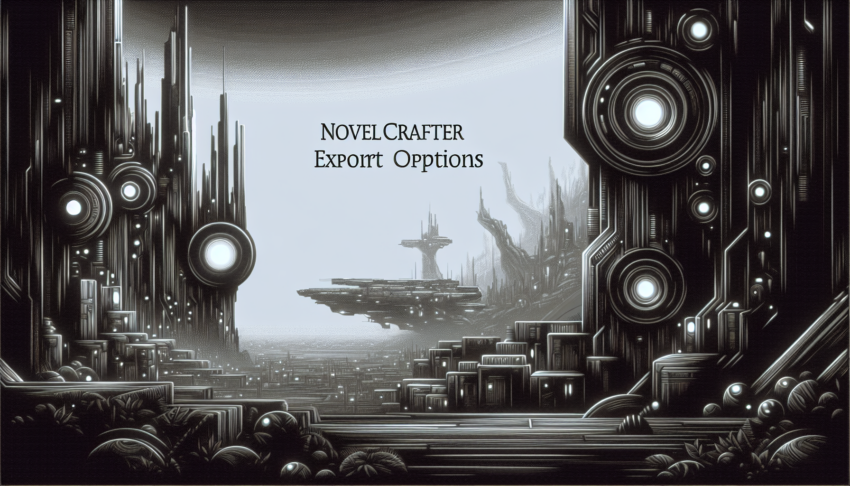Discover novelcrafter mobile compatibility to enhance your writing with seamless multi-device integration!
Innovate Your Writing Process: AI-Assisted Story Brainstorming Insights
Discover AI-assisted story brainstorming to enhance your writing process and unlock creative potential!
Crafting Perfection: Novelcrafter Scene Planning Techniques
Discover novelcrafter scene planning techniques to enhance your storytelling with AI’s creative power!
Unleash Your Series Potential: Writing Software for Series Authors
Discover the best writing software for series authors to streamline your plotting and unleash your creativity.
Streamline Your Writing: Mastering Novelcrafter Export Options
Explore Novelcrafter export options to enhance your writing process and streamline your novel creation today!




